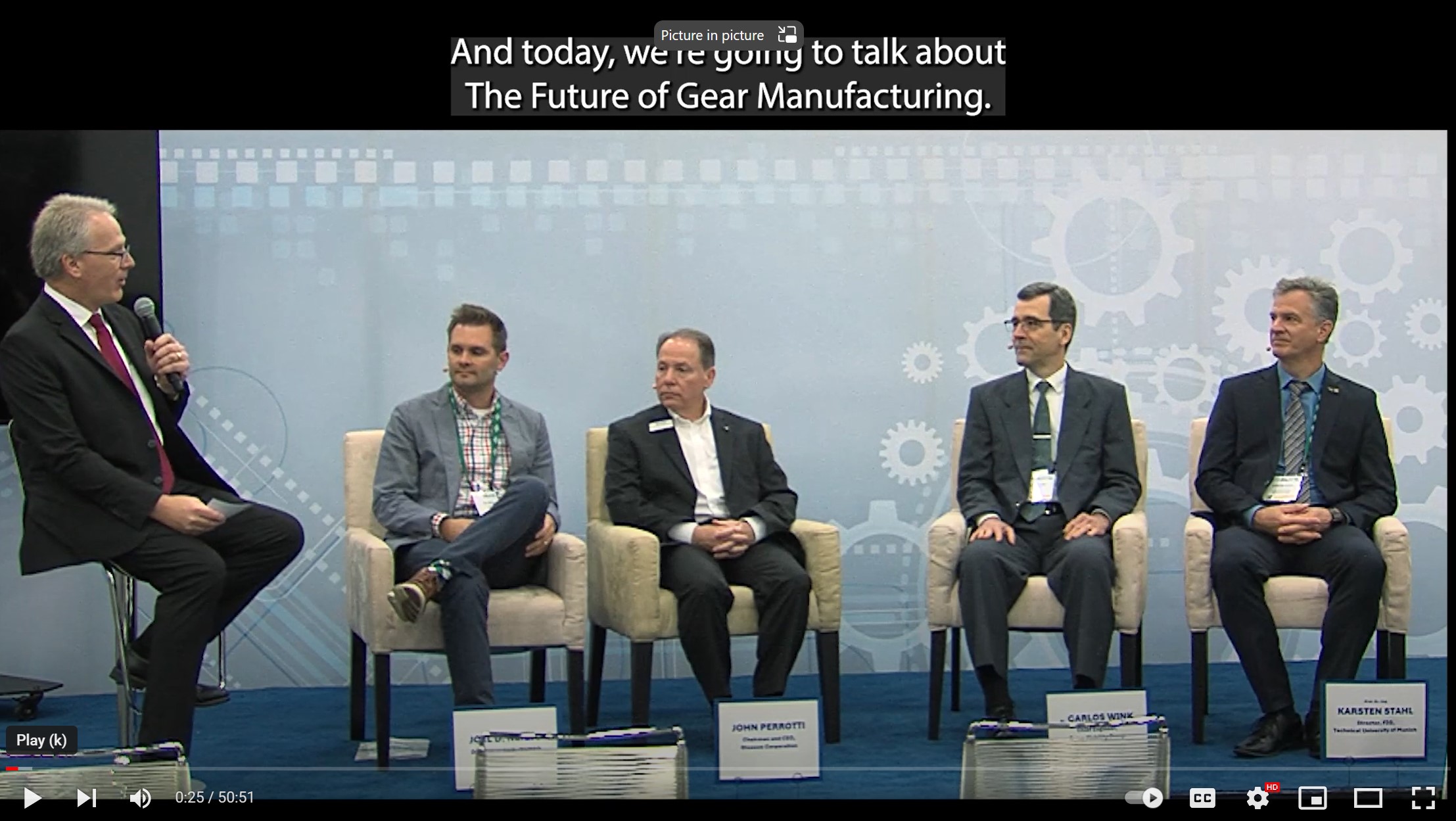Features
Step Right Up! It’s Time to Preview IMTS 2024
A practical guide to the latest from the manufacturing world
Read More
The Importance of Workholding Flexibility
Automated cell delivers “lights-out” hobbing operations at Precision Gears with assistance from Hainbuch mandrels
Read More
Clean Steel Standards and Optimizing Gear Design
Reduce the risk of nonmetallic inclusion-induced failures
Read More
Investing in Industry 4.0 for the Gear Manufacturer/Job Shop (Part 2)
Assessing and modifying production systems prior to IoT implementation
Read More
Understanding Bevel Gear Grinding
Key techniques for optimal surface finish and gear quality
Read More
Radial Chamfering Arrives for E-Drive Gears
Horizontal hobbing makes an ideal solution for geared shafts with interfering contours, including EV transmission shafts
Read More
Investing in Industry 4.0 for the Gear Manufacturer/Job Shop (Part 1)
The benefits of lean manufacturing cannot be gained by just using tools primarily suited for an assembly factory
Read More















